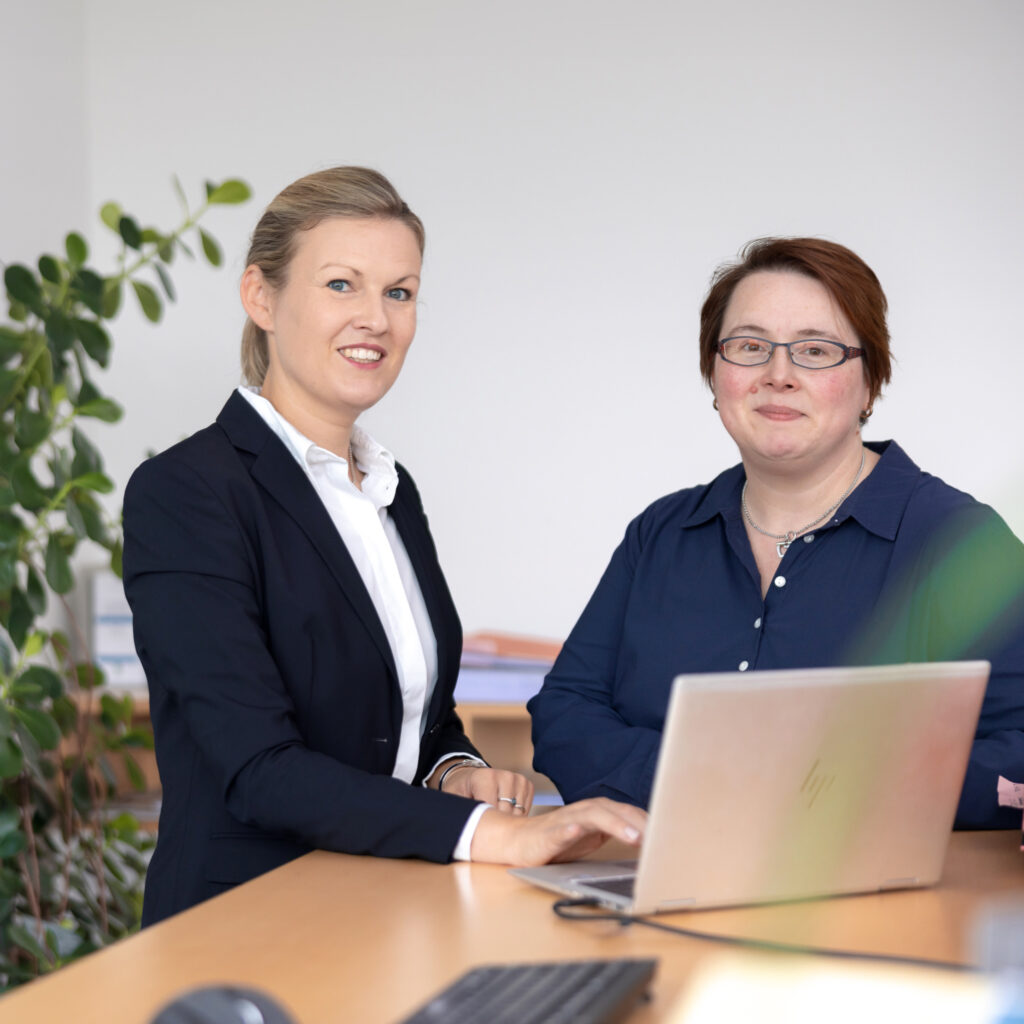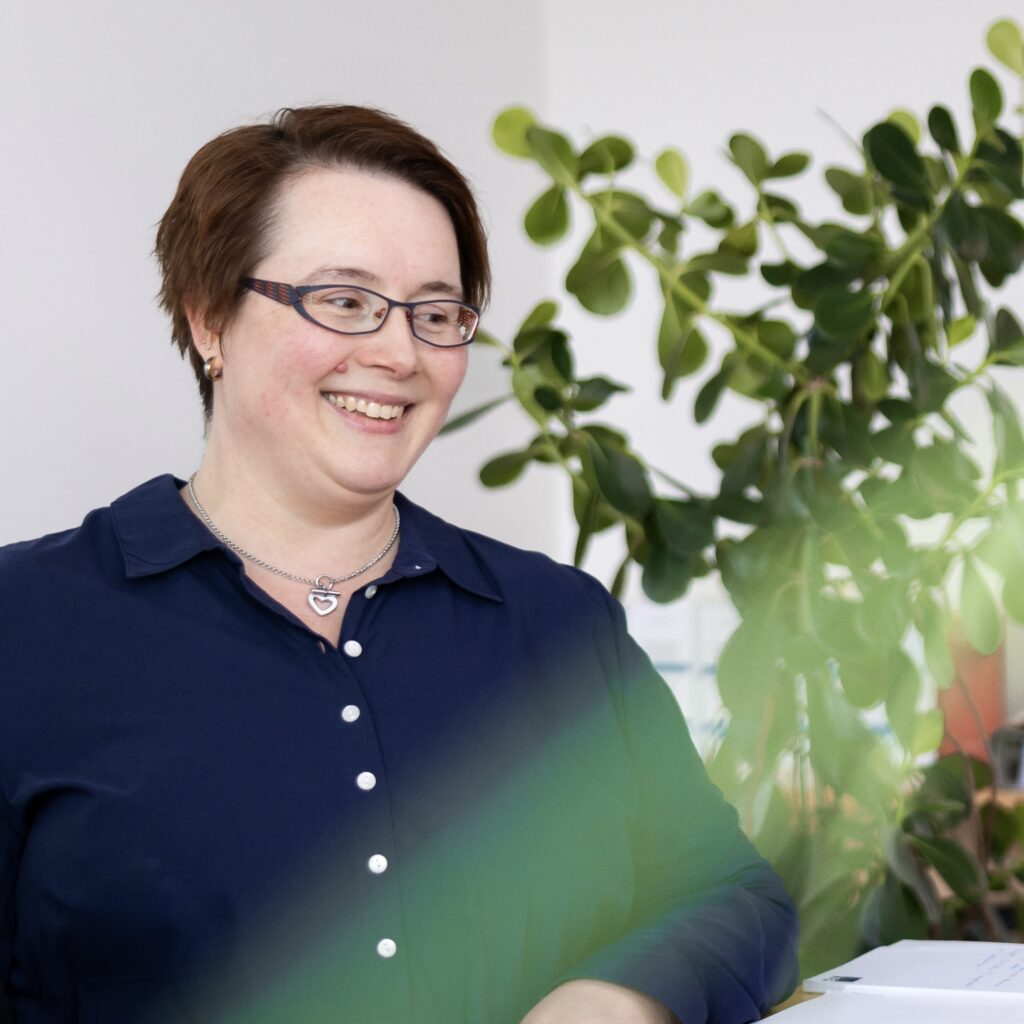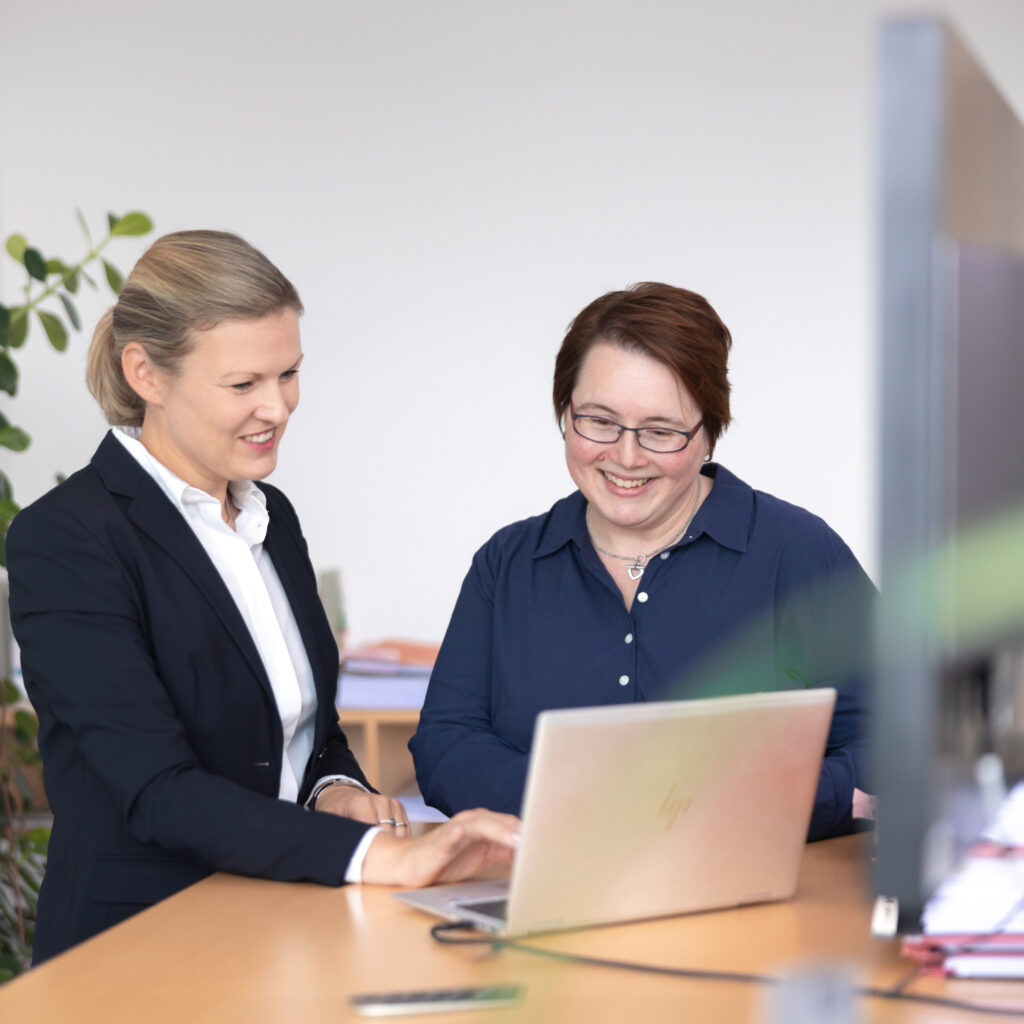
Behind the Scenes: The Daily Life of a Patent Attorney Assistent
In this blog post, we take a look at the exciting daily life and diverse tasks of a patent attorney assistant and patent paralegal and highlight why these positions are of great importance in the world of patent attorneys as well as for inventors.



At the heart of the world of innovation, it’s not just inventors and patent attorneys who play a crucial role, but also patent attorney assistants and patent paralegals who are integral to the patent filing process and beyond. From managing complex documents to assisting in the preparation and submission of patent and trademark applications, the daily life is varied and demanding. In this blog post, our patent attorney assistant Nicole Spissinger (p.a. to attorney Dr. Leitner), provides insight into the tasks and responsibilities of this profession and demonstrates how patent attorney assistants contribute to the smooth operation of law firms and companies.
What are the daily tasks of a patent attorney assistant and how do they collaborate with patent attorneys and clients?
The daily tasks of a patent attorney assistant vary depending on the size of the firm. In smaller firms, one person handles diverse tasks, while larger firms often have specialized staff.
Our firm has teams of patent attorneys and patent attorney assistant who collaborate on client matters. My responsibilities include compiling documents and filing applications, typically electronically. I submit filings and pleadings on behalf of ‘my patent attorney’ to the relevant offices and courts, and manage communication with clients (fortunately, dictations are rare). Additionally, I handle fee payments and maintain electronic files.
Of course, the collaboration between an assistant and a patent attorney varies from team to team.
There are still patent attorneys who prefer dictating, and assistants who enjoy transcribing dictations. When these personalities mesh well, it’s great. On the other hand, there are assistants like me who prefer brainstorming independently. I find the most satisfaction in reporting on specific procedural statuses or events. We then advise clients on potential courses of action and make recommendations.
Due to our longstanding relationships with many clients, we have a ‘direct line’ of communication, which greatly facilitates our work, as all procedural actions are discussed with the client.
What challenges do patent assistants frequently face?
Considering that, with very few exceptions, patents, trademarks, and designs are filed and defended in practically every country on Earth, it’s easy to imagine that this field is anything but boring. Even after fifteen years in this profession, there are still procedures that I’ve never encountered before!
What skills are especially important?
For a patent assistant and paralegals, the following skills are particularly important:
- Organizational skills for coordinating deadlines, appointments, and office tasks.
- The ability to remain calm under pressure and maintain composure.
- Attention to detail: Precision is essential as errors can have serious legal consequences.
- Excellent written communication skills for drafting reports and corresponding with clients and attorneys.
- Openness to new media and software solutions, as well as a willingness for continuous learning.
- Teamwork ability to collaborate with colleagues on complex applications and tasks.
- The determination to pursue further education through regular training and development programs.
- Basic understanding of legal concepts, often coupled with the ability to conduct independent research.
How can someone interested in becoming a patent paralegal or a patent assistant get started, and what qualifications are required?
For someone interested in the role of a patent assistant, there are various paths to consider.
To assess whether the desired image aligns with reality, I recommend starting with an internship in a patent law firm.
One option is to pursue training as a patent paralegal. However, it should be noted that this training may involve some logistical challenges depending on the location, particularly regarding specialized training e.g. in Stuttgart. A secondary school leaving certificate is required, although many graduates have a higher education entrance qualification.
Similarly, training as a legal assistant could also facilitate entry into the field. I took this path myself through training as a legal assistant.
Transitioning from another field is another option to become a patent attorney assistants. Pursuing training as a foreign language correspondent or European secretary could be advantageous.
About the qualifications: A (prospective) patent assistant and paralegal should possess excellent language skills in both German and English, organizational talent, discretion and confidentiality, flexibility, as well as a passion for progress and change.
How has technology impacted the role of patent paralegals and patent attorney assistants over the years?
The introduction of remote work has increased the attractiveness of positions in patent law firms and has allowed smaller firms to offer appealing working conditions. I was fortunate to be able to work from home with a baby over 15 years ago. Today, it’s much easier for parents assistants to do so.
In our firm, we increasingly rely on process automation to handle intellectual property matters more efficiently. Flexible software solutions and electronic files play a crucial role in this. I particularly enjoy being involved in designing new processes.
Electronic monitoring tools provided by patent offices enable the surveillance of third-party IP rights, which is a great convenience.
What trends and developments in the patent filing process must one be aware of?
I would say that trends and developments are typically identified by patent attorneys within the firms and aligned with the firm’s focal points.
Paralegals and assistents must stay up-to-date with these trends and developments. This includes the implementation of electronic filing systems, new software for submissions to patent offices, changes in procedural workflows in foreign grant procedures, or the normalization of remote work. In my view, involving employees in the development of new processes and workflows is crucial. A workflow that one has helped shape is easier to internalize, better understood, and more readily embraced.
In conclusion, the role of the patent paralegal or assistent is crucial for the smooth operation of the patent system. Through their diverse tasks, expertise, and support, they significantly contribute to the success of patent attorneys and the protection of intellectual property. With their diligent and dedicated work, they are indispensable pillars in the complex world of patent and trademark law.
We hope that our patent attorney assistants Nicole Spissinger was able to provide readers with a glimpse into this fascinating and diverse profession.
Do you have any questions on this topic?
Please feel free to contact us.
Pictures by Sandra Beuck SYD.MEDIA

Gracia-Regina Blumenröhr
Legal Counsel